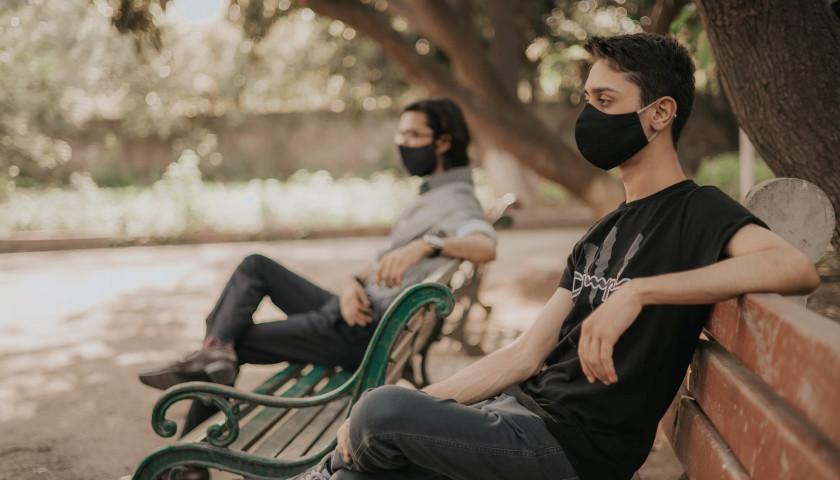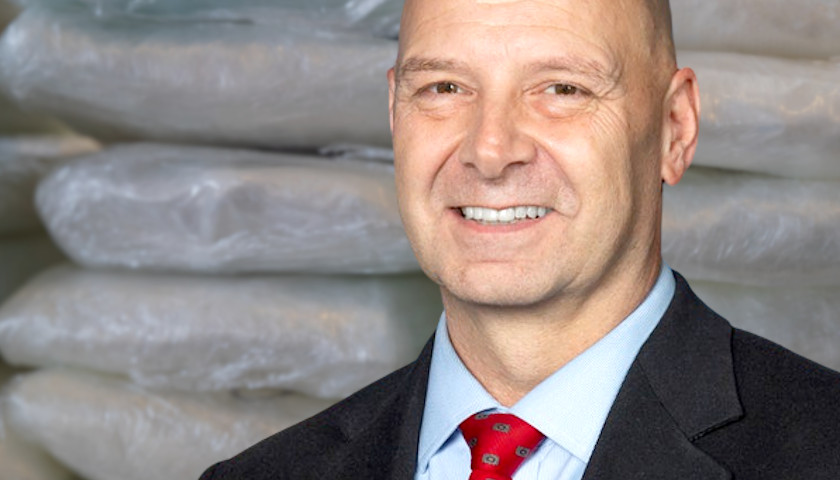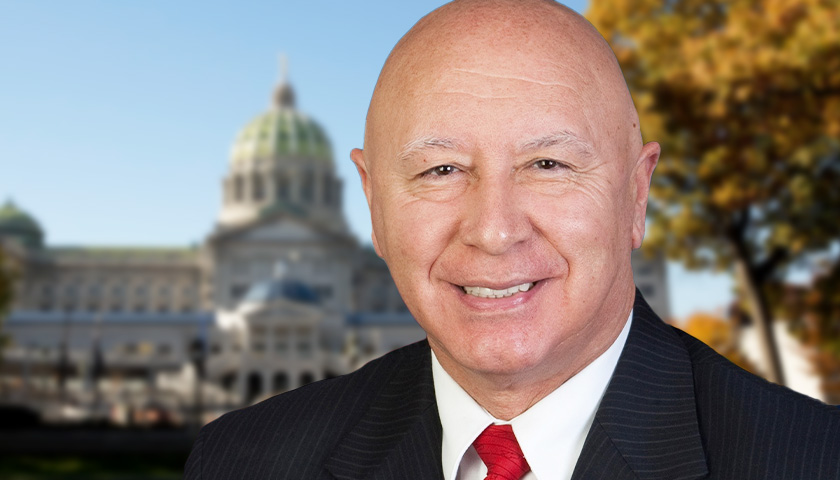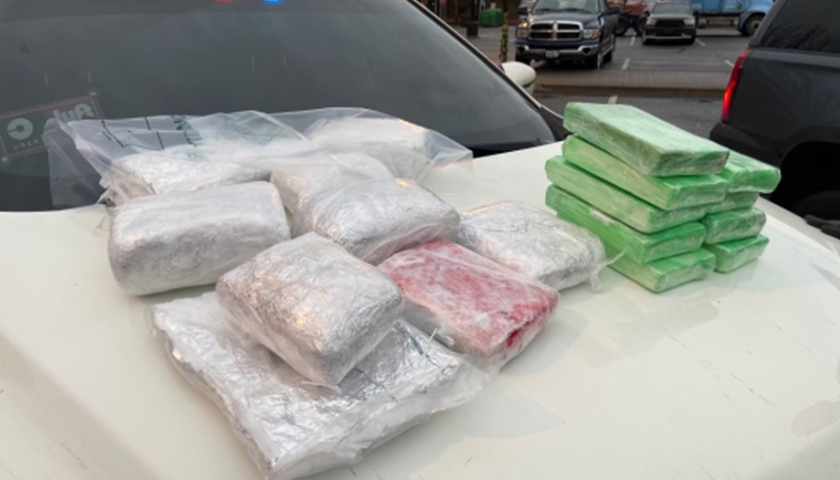Life is hard if you do not learn from your mistakes. With Covid, political leaders and public health authorities engaged in a series of missteps, miscalculations, and manias that amounted to an extreme overreaction to the disease.
First, statistical models overstated the risk of the disease by an order of magnitude. Then, even after these miscalculations became apparent, other extreme measures like lockdowns, mandatory masking, coercive vaccine mandates, and a million other indignities ensued. In the end, almost everyone got Covid, almost everyone survived, and, while the economic countermeasures increased our national debt by 30%, the economy soon recovered too.
Read More










